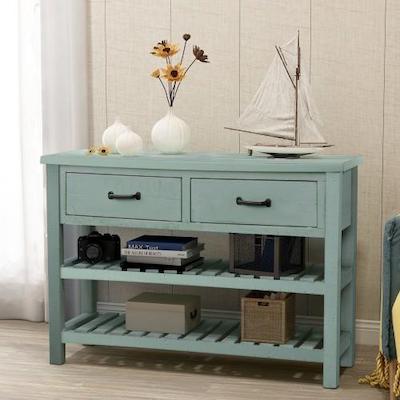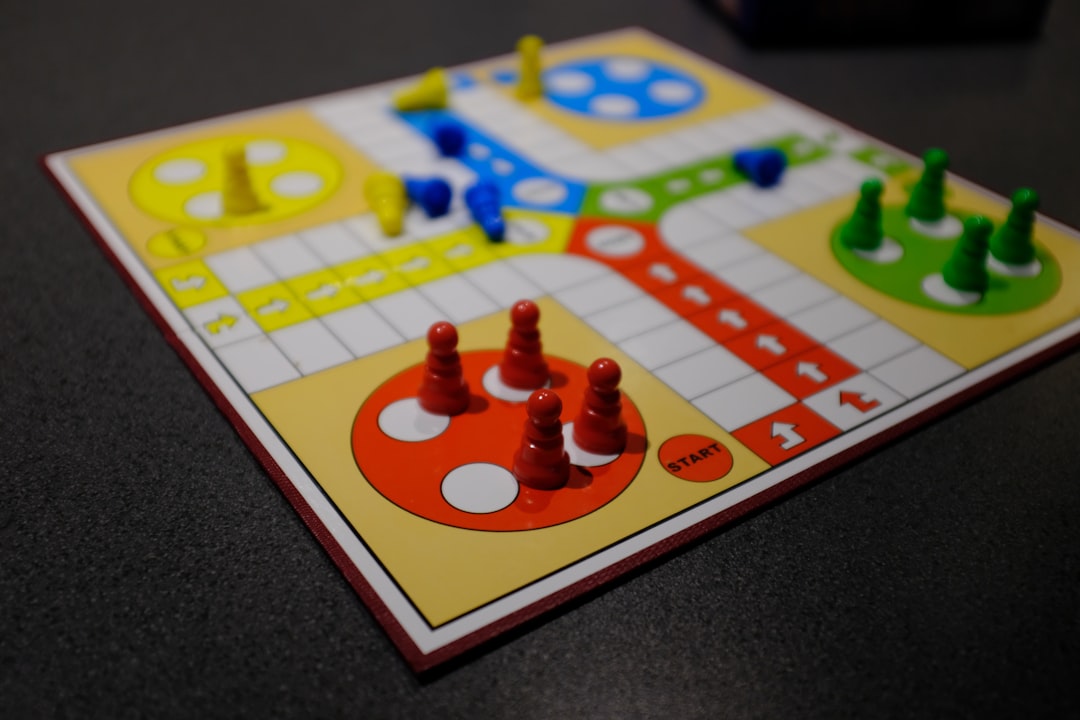Boosting Brainpower: How Educational Board Games Enhance Learning
In an age dominated by digital screens, the humble board game remains a powerful tool for education and cognitive development. Educational board games offer a unique, engaging way to learn while having fun. From enhancing problem-solving skills to fostering teamwork, the benefits are numerous and far-reaching. This article explores how incorporating educational board games into learning environments can boost brainpower and create a more dynamic learning experience.
The Cognitive Benefits of Educational Board Games
Educational board games provide a wealth of cognitive benefits that extend beyond simple entertainment. These games often require strategic thinking, memory retention, and problem-solving skills, all of which contribute to enhanced brain function. For instance, games that involve resource management or planning ahead can improve executive functions, which are critical for academic and professional success.
Enhancing Memory and Recall
Many educational board games necessitate remembering rules, strategies, and previous moves. This active recall strengthens memory and improves cognitive flexibility. Games that involve matching or sequencing can be particularly effective for younger learners in developing these essential skills.
Promoting Critical Thinking
Critical thinking is a cornerstone of effective learning. Board games often present complex scenarios that require players to analyze situations, evaluate options, and make informed decisions. This process hones critical thinking skills and enables players to approach challenges with a more analytical mindset.
Improving Problem-Solving Abilities
Problem-solving is at the heart of many educational board games. Whether it's figuring out the best route to victory or overcoming obstacles, these games encourage players to think creatively and develop innovative solutions. This skill is invaluable in academic pursuits and real-world situations.
Social and Emotional Development Through Board Games
Beyond cognitive benefits, educational board games also contribute to social and emotional development. Playing board games often involves interacting with others, taking turns, and following rules, which fosters essential social skills and emotional intelligence.
Fostering Teamwork and Cooperation
Many educational board games are designed for multiple players, encouraging teamwork and cooperation. Players learn to work together, communicate effectively, and share ideas to achieve common goals. These collaborative experiences build strong social bonds and enhance interpersonal skills.
Developing Communication Skills
Effective communication is vital in any collaborative setting. Board games provide a platform for players to express their thoughts, negotiate strategies, and resolve conflicts constructively. This interactive environment helps develop and refine communication skills.
Teaching Patience and Turn-Taking
Learning to wait one's turn and exercise patience are important life skills. Board games inherently teach these values as players must adhere to rules and take turns in a structured manner. This structured environment helps develop self-control and respect for others.
Top Educational Board Games for Different Age Groups
Choosing the right educational board games for different age groups can maximize their learning potential. Here are some top picks:
Early Childhood (Ages 3-6)
- Candy Land: Teaches color recognition and turn-taking.
- Chutes and Ladders: Reinforces counting skills and teaches consequences.
- Hoot Owl Hoot!: A cooperative game that promotes teamwork and problem-solving.
Elementary School (Ages 7-12)
- Scrabble Junior: Develops vocabulary and spelling skills.
- Ticket to Ride: First Journey: Introduces geography and strategic thinking.
- Math Dice: Enhances math skills through fun challenges.
Teens and Adults (Ages 13+)
- Codenames: Sharpens vocabulary and association skills.
- 7 Wonders: Teaches resource management and strategic planning.
- Pandemic: A cooperative game that challenges players to solve complex problems.
Integrating Educational Board Games into Learning Environments
Incorporating educational board games into classrooms and homes can transform learning into an engaging and enjoyable experience. Here are some practical tips:
Classroom Integration
- Curriculum Alignment: Choose games that align with specific learning objectives.
- Game-Based Learning: Use board games as a central part of lesson plans.
- Group Activities: Encourage students to play games in small groups to foster collaboration.
Home Environment
- Family Game Nights: Dedicate time for regular family game nights to promote bonding and learning.
- Educational Gifts: Give educational board games as gifts to encourage learning outside of school.
- Variety is Key: Offer a variety of games to cater to different interests and learning styles.
Conclusion
Educational board games are more than just a source of entertainment; they are powerful tools for enhancing cognitive, social, and emotional development. By incorporating these games into learning environments, educators and parents can create a more dynamic and effective learning experience. As we embrace the benefits of educational board games, we unlock new possibilities for boosting brainpower and fostering a lifelong love of learning.













